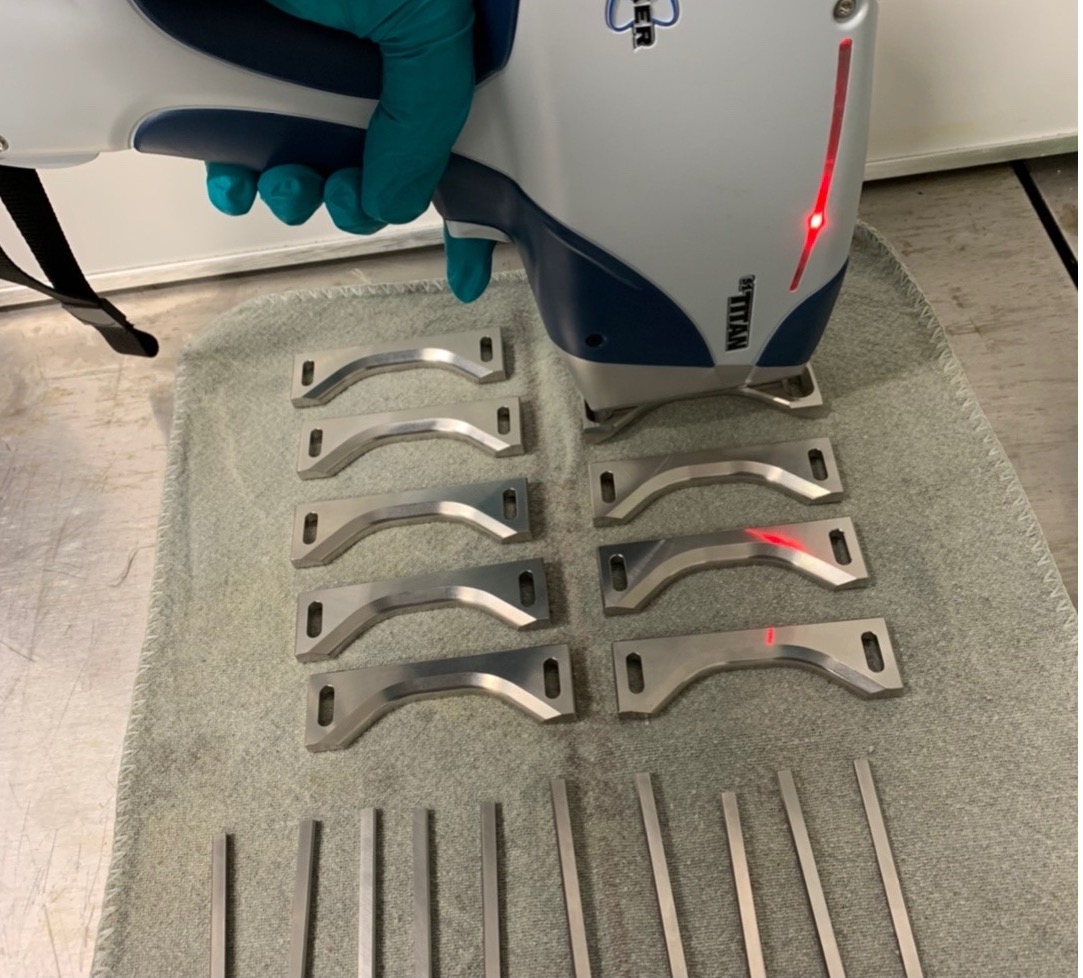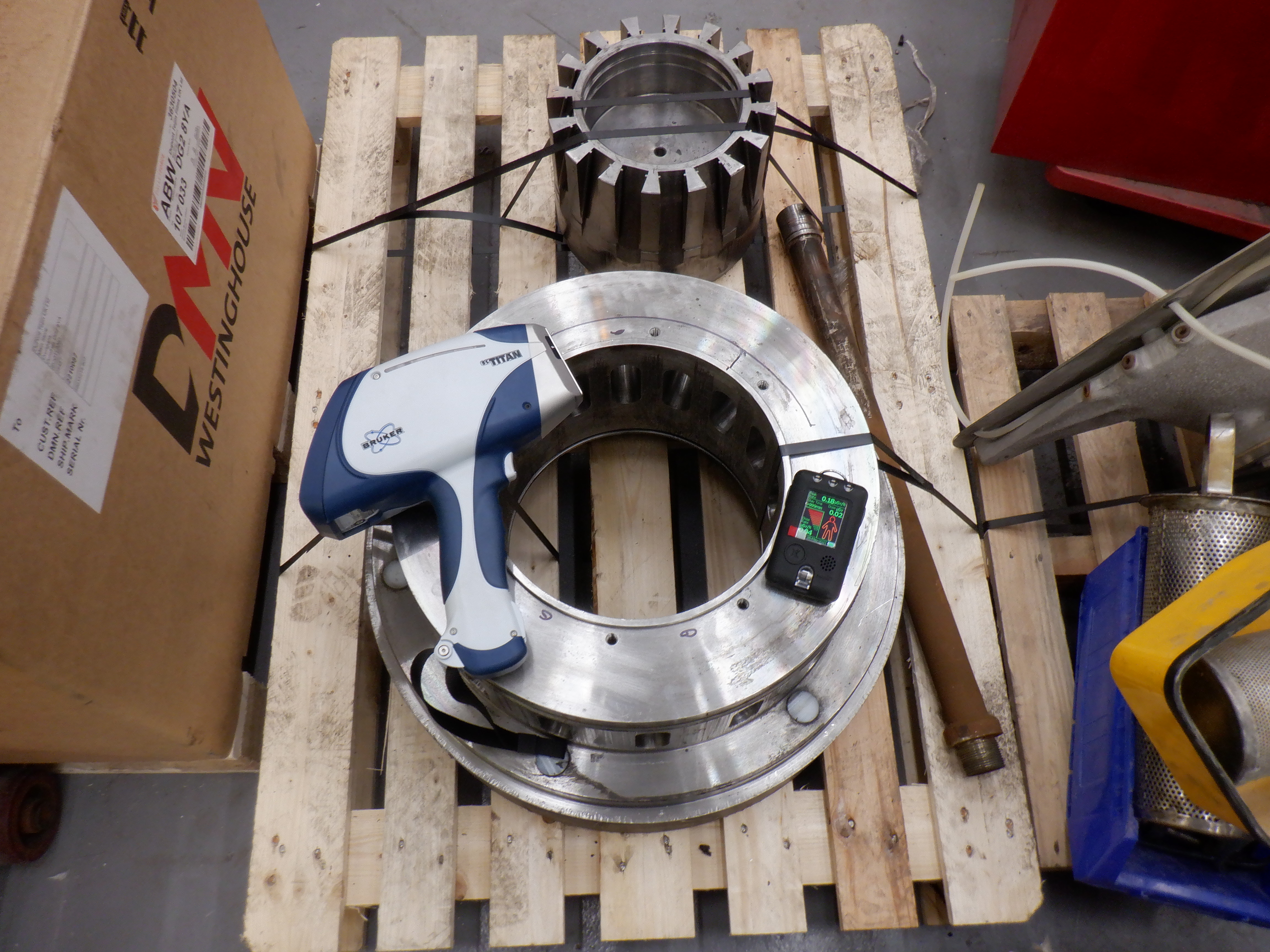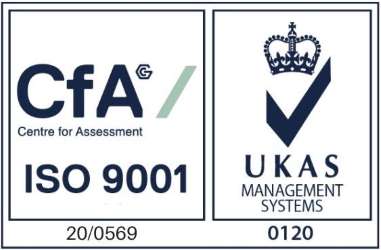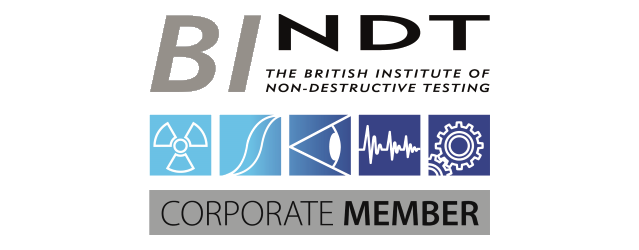
Positive Material Identification (PMI)
Positive material identification (PMI) is used to analyse and identify material grade and alloy composition for quality and safety control.
A rapid, non-destructive method, positive material identification is performed on a wide range of components and assets and provides a semi-quantitative chemical analysis. It is used for both material verification and identification.
The method is utilised for quality control and safety compliance and is an integral part of both production and asset integrity management across many industries including oil and gas, power, chemical, pharmaceutical, nuclear, aerospace and fabrication.
Positive material identification can prevent potential product failure in manufacturing. At oil and gas, power generation and pharmaceutical plants, pre-service and in-service inspection of critical components and welds with PMI can prevent breakdown and its costly consequences.
PMI can:
Find potentially mixed-up alloys
Identify if the wrong material has been used
Ensure material conforms to the correct standard and specification (both customer and industry)
Ensure welded components have used the correct filler material
Positive material identification is performed using the latest equipment from Bruker:
Scotia NDT’s highly experienced PMI inspectors can provide on-the-spot results followed by the certification of results in a written report.
Carrying out PMI positive material identification, you can be assured of a quick, reliable service with accurate results that will provide quality assurance that your products or assets meet the required safety standards.






